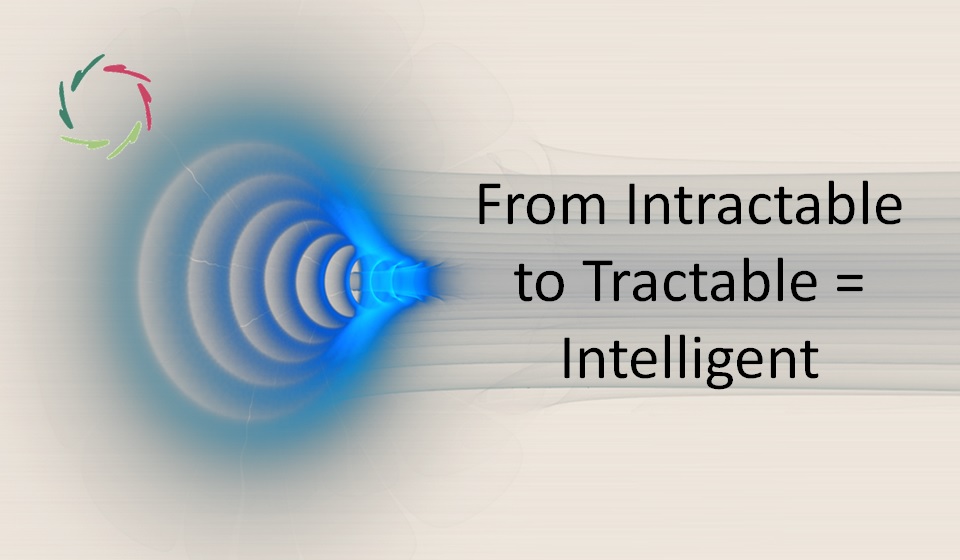In Defense of Free Will

Free will as generally conceived, appears to be an illusion. This doesn’t mean that we ‘have no free will’.
[see also: ‘You Are Free Even while Freedom Is an Illusion’]
The notion of personal ‘free will’ is probably as old as humanity. Only God or some devil – or a witch – might interfere and make the person do what they want, not what he himself wants.
In recent years, the idea of free will has got another competitor by way of the unconscious.
Notably, a German-British investigator called John-Dylan Haynes, found on live fMRI brain-scanning that within the brains of a person in the act of choosing for a right or left hand motion, this choice can be traced up to six seconds before his conscious decision. So at least in these circumstances, a person’s presupposed ‘conscious free will’ is preceded by a decision from his own unconscious, for several seconds.
Count slowly to six. It’s quite a long time, isn’t it?
We feel as if conscious intentions initiate actions, but they arise in the brain before we are consciously aware of them.
So what does this mean for conscious free will? It appears to be illusory.
This does not mean there is no free will of the total person. Normally, we identify ourselves with our consciousness. In this case, whatever comes from outside consciousness restricts our sense of free will. However, if we identify with a broader self, we can see how the idea of free will also broadens. Being consciously determined by the unconscious, you are still free as a total person.
To retain your sense of personal free will, you have to see ‘you’ as ‘the total you.’
You can try this out now. Try to see your feelings and thoughts not only as what appears in your consciousness, but also where they come from: your unconscious. You are of course by definition not conscious of that, but it is also you. Try now to at least feel it this way:
Your unconscious is not someone else but you.
Take any of your decisions, even the smallest. Where does it come from? If it fell from the sky into your head, it would not be your free decision. If it originated inside you by magic, it would also not be your freely taken decision. In order to be so, it has to come out of you in a spontaneous way and that also feels spontaneous. This CAN only mean: coming from your unconscious. Only this way can it be deeply in touch with you as you truly are. Even more, a person can feel most free when in a creative mode. Where does this creativity come from? Always: the unconscious. No magic required.
Can anyone then still be a morally responsible person? Yes, but again: only as a total person.
If ‘guilt’ assumes a purely consciously taken decision, as it usually does, then it is a chimera. As a total person however, responsibility remains, as does human free will.


